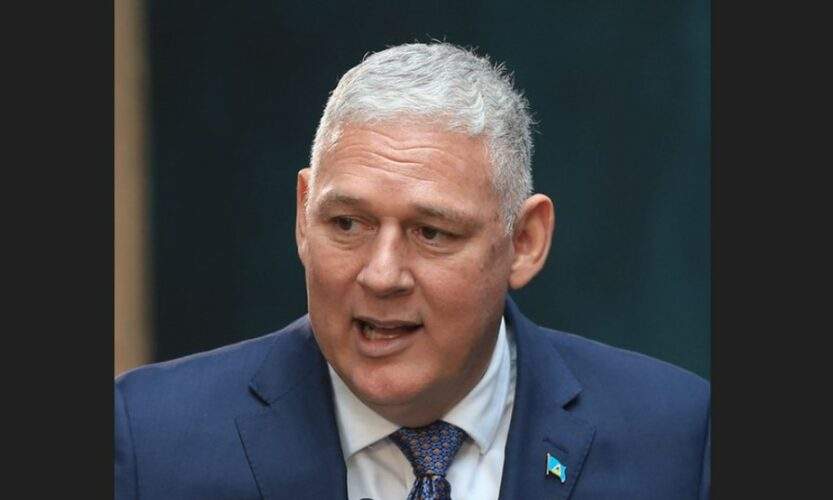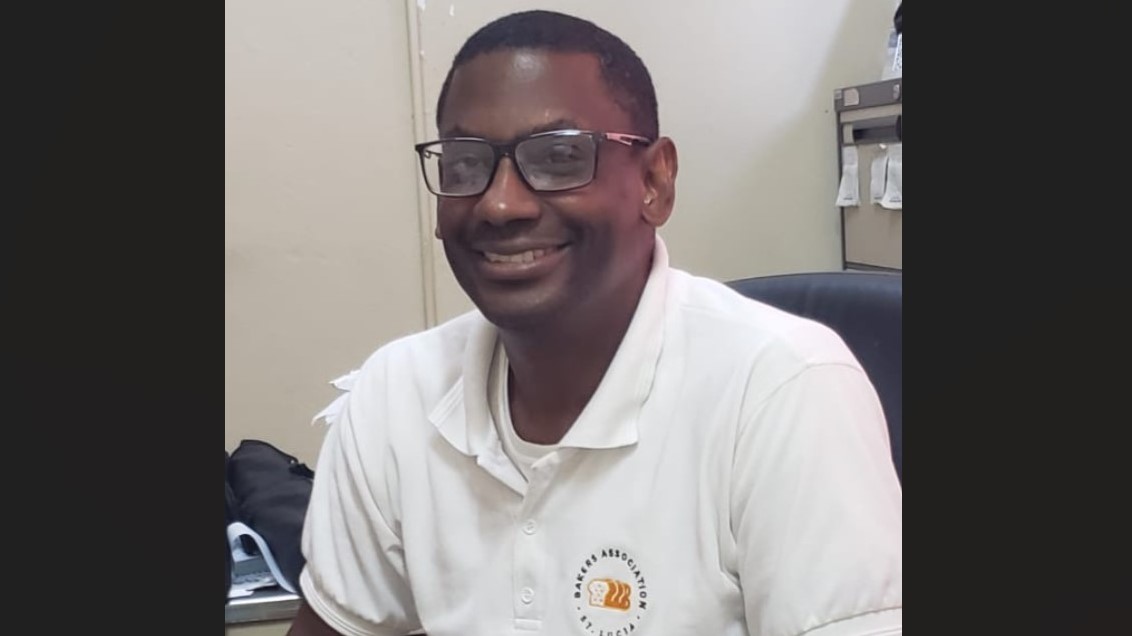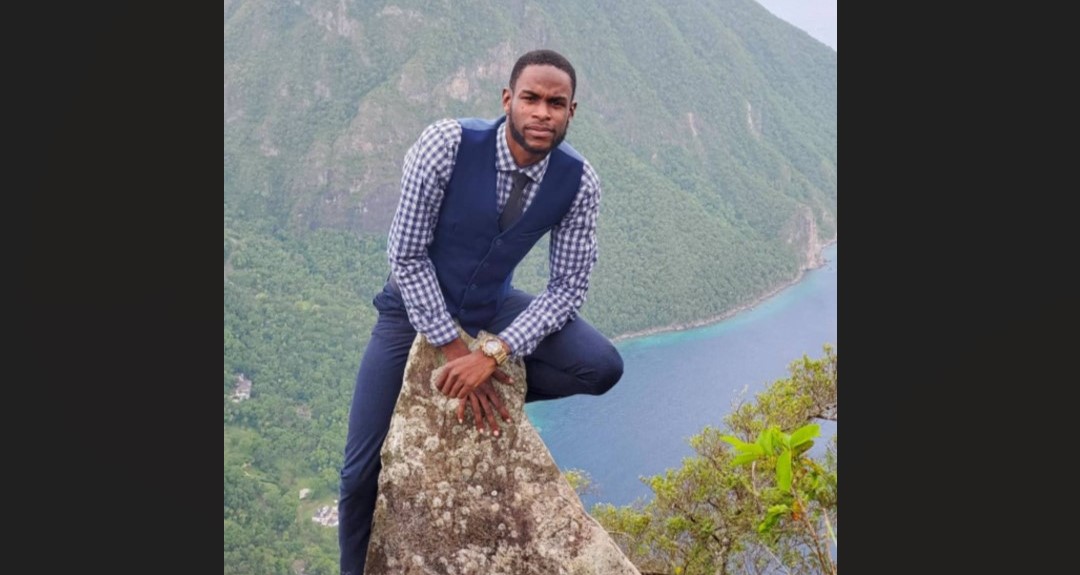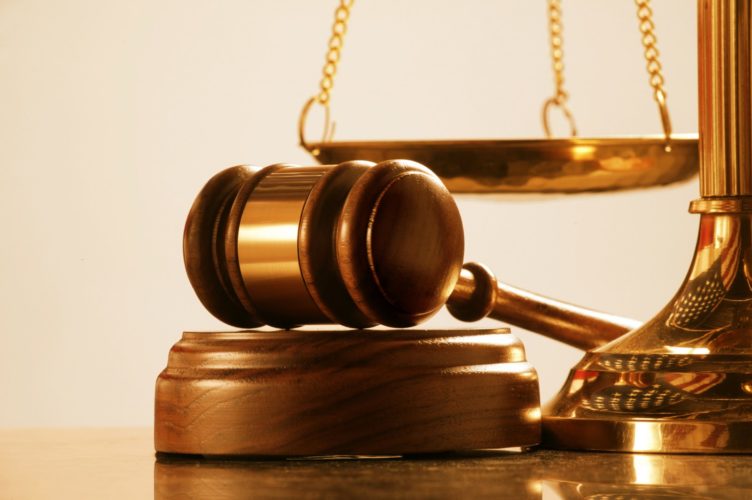Nova Alexander & Sacred Sports Foundation’s Fight for Saint Lucia’s Vulnerable Youth
 30 November 2024
30 November 2024
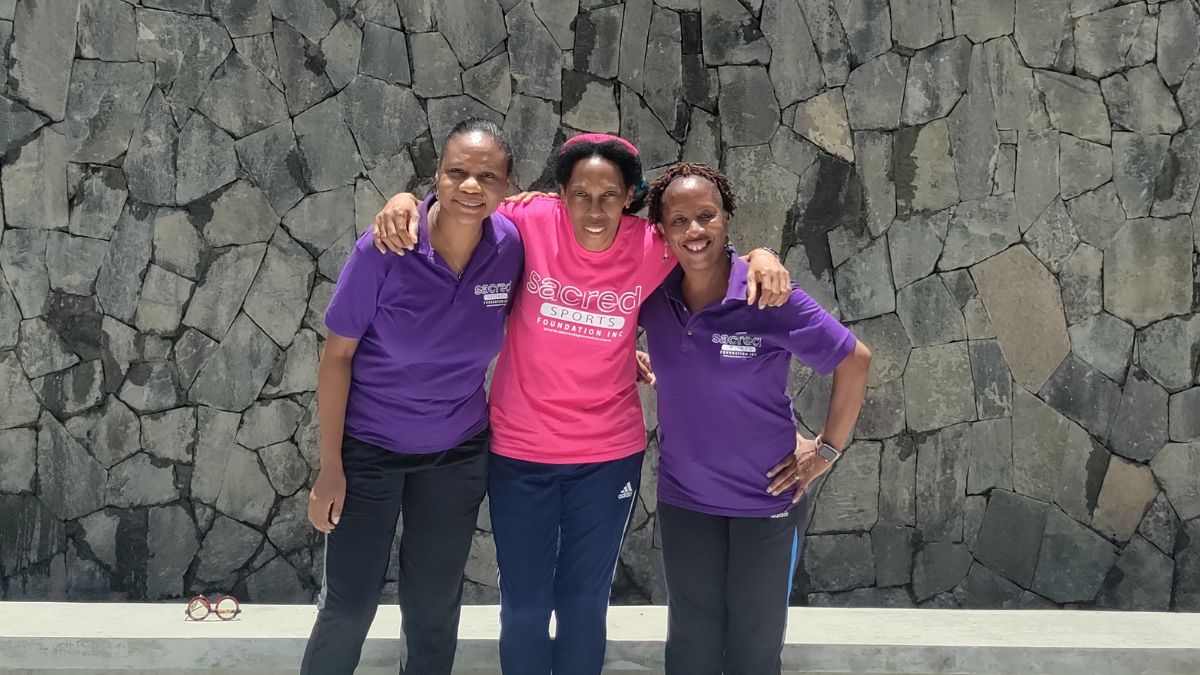

When the Alexander siblings turned their focus to Saint Lucia after growing up in the United Kingdom, they came prepared. Armed with expertise and buoyed by impeccable timing, they resolved to serve the island their parents once called home. Their mission? To empower the next generation.
Nova Alexander, the only sister in the trio, recounted to the St. Lucia Times how along with her two brothers, she founded the Sacred Sports Foundation (SSF)—an NGO with a clear vision: fostering youth development through sports.
Guided by research, SSF extends its reach to all sectors of Saint Lucia’s youth. From supporting young people with differing abilities to creating safe spaces for the LGBTQ+ community and other vulnerable groups, the organisation works to address systemic challenges. It also aims to bridge the gap between unemployed youth and meaningful opportunities.
Each generation wrestles with the responsibility of equipping young people to lead purposeful lives. For over a decade, Alexander has been at the forefront of this effort, witnessing firsthand the trials faced by Saint Lucia’s youth. “Particularly post-COVID,” she remarked, “not only the girls but the young men as well missed out on those two years of interaction, and education in that school environment. We have really found that the mental health issues around that time and now, have not helped with some of the social behaviours that we’re seeing.”
Mental health challenges rank among the most pressing issues faced by youth in Saint Lucia. These concerns underscore the importance of creating safe spaces—a cornerstone of the SSF’s mission.
Although the organisation works island wide, its safe space initiatives are particularly concentrated in the south. “We work with the LGBTQ+ community where we have a safe space session. We work with the young girls, particularly in the south of the island. Two to three times a week we bring together young girls between the ages of 12-18 in a safe space to really provide psychosocial therapy, and psychosocial support for those who struggle with school and just also socially and at home,” Alexander explained.
A closer examination of local communities, Alexander noted, reveals how environments can shape the behaviours of young people, often in troubling ways. The factors at play differ across locations, but the underlying challenges paint a sobering picture.
“You’ve got crime and violence; you have the home environment whereby social behaviour in some homes leave much to be desired; those who’ve been sexually abused; you have self-harm; you have drug and alcohol use; you have the lack of self-confidence, poor communication skills, negative self-talk—all of those combined in terms of mental health issues mean that a lot of our youth have other issues emotionally and are finding it very hard to perform at school, in the home environment, even on the field playing sport,” she elaborated.
Sports, Alexander explained, has always been one of the organisation’s most immediate and powerful tools for change—a transformative influence that shaped her own life and that of her family. She recalled the challenges her parents faced as Saint Lucian immigrants in the UK, navigating a social structure steeped in prejudice against Black people. “As a child growing up my parents were the first generation of Black Saint Lucians that came to the UK, and we were the first Saint Lucians born and bred in the UK brought up in the English school system… We were born in Nottingham. I, at one point, went to an all-girls school, and I was the only Black girl in the school,” she shared.
Encouraged to play netball and join track and field, Alexander’s foray into athletics was not without complications. While her participation was driven by stereotypical assumptions about Black athletes, sparking rebellion in her younger self, her late brother Keith Alexander embraced sports. He went on to leave a lasting legacy in football. “Keith was a successful player and manager in several UK clubs, for example Peterborough United, Macclesfield Town, Lincoln City Football Club,” she recounted proudly.
Over time, Nova Alexander carved her own path, building a career and company in Communications and Marketing. Her other brother, Delroy Alexander—now SSF’s Chairman—also excelled in Communications, contributing to several newspapers, including the Chicago Tribune. As the years passed, the siblings recognised their collective potential and came together to create the Sacred Sports Foundation.
“It was really the realisation of a lifelong dream… so we really wanted to return to Saint Lucia, me particularly, because from a family point of view, my parents were getting older, I wanted to give back and so on,” Alexander reflected.
The Sacred Sports Foundation (SSF) took shape in 2008 but wasn’t officially registered until two years later. Those early years were fraught with red tape, but Alexander recalls the organisation making significant strides despite the challenges.
“We commissioned for Reds Perreira to come on board, so he was our liaison on the island. And we came often. Keith came, he helped develop some programs. We conducted certain sessions in schools, worked with coaches, again under the auspices of the football association and the ministry, so we didn’t just come in and do what we had to do, we worked closely with those officials, and then we got the opportunity to tender for an EU Sports for Development contract that happened in October 2009,” Alexander explained.
Collaborating with local stakeholders and bringing in international professionals, SSF began building an ecosystem around sports development in Saint Lucia. Over the years, as an independent NGO unaffiliated with government funding, the foundation has steadily expanded its reach across the island while bolstering other initiatives. “It continues to be a battle. We go into schools, we work with the principals and teachers, we work with the relevant government ministries, and we conduct conflict resolution, after-school homework assistance, life skills, and those sports-for-development programs.”
Identifying and empowering youth to lead community programs is another pillar of SSF’s work. The organisation runs a 12-week training course where participants earn an international pan-disability sport certification, gaining essential skills like child safeguarding and first aid. “Now we either support those programs financially for at least the first one to two years, or we help and assist with equipment for those mentors in the communities, to develop and deliver their own programs,” Alexander added.
However, Alexander acknowledged the difficulties in finding suitable candidates to lead community programs. “As long as they’re enthusiastic and are keen to work with children, we’re happy. But finding young people who are interested in turning up on time, who are personable enough and approachable enough to be able to speak and be interested and engaged—it’s very difficult and disappointing. We have probably had upwards of 200 young people that have applied, but for them to turn up on time for a job… it’s incredibly difficult. There’s nobody we won’t work with. We work with people on the autism spectrum. We work with people who have disabilities… we work with everybody to try and get them in the state where they are mentors, working in the communities within our programs or their own, but it’s hard.”
Sustainable funding is another hurdle for SSF. “Unfortunately, with the economic situation here in the region, and there are also very few corporate entities in the region that have an ongoing sustainable social development program… It’s hard for us to get any funding or any type of consumer help from the corporate sector to keep our programs going. So, we have stopped asking. We go out of the region, and we look for assistance.” To keep their programs afloat, SSF has built global networks to source equipment and relies on small duty-free waivers granted by the government.
Despite the challenges, Alexander remains resolute. SSF continues to make strides in supporting Saint Lucia’s most vulnerable, with the impact of their efforts becoming increasingly visible over time. One significant area of progress, she noted, has been the development of support for children with special needs.
“Let me tell you, the Special Education Unit under Dale St. Juste has been tremendous, and it’s really developing a whole lot more. Of course, there are always going to be areas where we fall short.” Through partnerships with education professionals, SSF runs sensory art programs for children on the autism spectrum and those with verbal delays. They also support physical education teachers by providing sporting equipment tailored to the needs of children with disabilities and offering pan-disability sports programs.
To measure their impact, SSF has also developed a baseline study to track the physical development of children with special needs. “We’ve gone to every school and worked with every child in terms of their physical ability. It’s a fantastic opportunity so that from now on, with this baseline study, we’re actually going to be able to increase and look at that every year and track children’s progress.”
The organisation has aimed its focus to include older adults with disabilities to their programs, creating opportunities for them to participate in SSF mentorship and training programs alongside senior mentors, further embedding inclusivity into their mission.
As SSF charts new paths for both youth and adults of Saint Lucia, its story serves as a vital reminder: when communities come together with purpose, even the most daunting challenges can be met with solutions—and hope.
Photo: Nova Alexander (middle), Founder and Executive Director of Sacred Sports Foundation.

